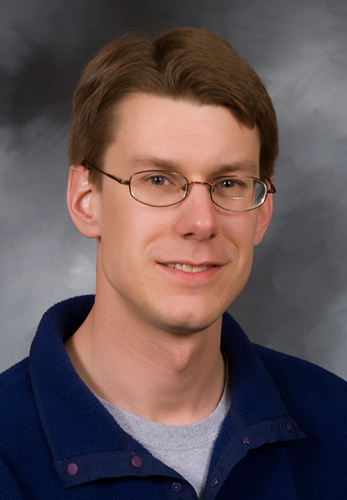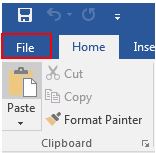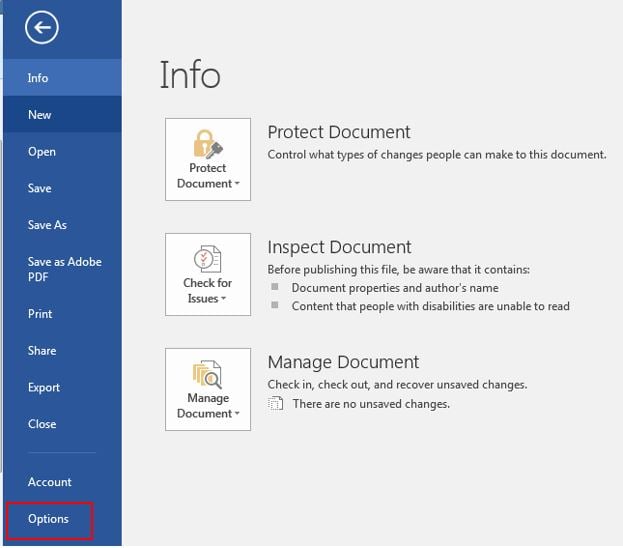Two events will be held to honor Betty Chavis, and proceeds will benefit the new Betty Chavis Scholarship Fund.
Chavis came to Michigan Tech as an admissions officer in the 1980s; directed multiethnic programs; and then recruited students on behalf of the Graduate School. The community knows Chavis in part through her leadership in spearheading the annual Parade of Nations.
The first event on behalf of her scholarship fund is “So You Think You Can’t Dance: We’ll Show You How,” which will be from 1 to 4 p.m., Saturday, April 16, in the Memorial Union Commons. Admission is by donation. The event, hosted by the students and alumnae of the Society of Intellectual Sisters, is in conjunction with their 20-Year Reunion festivities during Spring Fling Weekend.
For more information, contact Darnishia Slade at dslade@mtu.edu .
The second event will be a banquet held at 5:30 p.m., Saturday, April 16, at the Magnuson Franklin Square Inn.
Tickets are $50 and are available at www.tickets.mtu.edu, by calling 487-2073, or at the SDC Box Office.
To give directly to the Betty Chavis Scholarship Fund, call the Michigan Tech Fund at 487-2310, or mail a check to the Betty Chavis Scholarship Fund, c/o Michigan Tech Fund, or visit www.mtu.edu/giving. For more information, contact Chris Anderson at csanders@mtu.edu, or Carol Argentati at 487-2474 or caargent@mtu.edu.
Posted in Tech Today.


